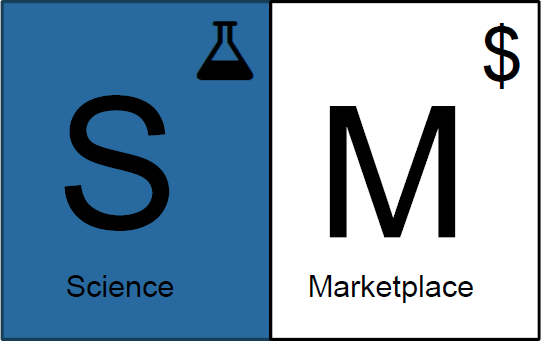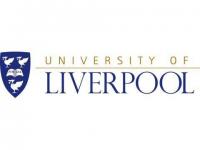Characterization and functional analysis of a novel cancer-associated gene
- Check with publisher
- Published date: May 15, 2016
- Modified date: August 29, 2016
-
- Liverpool , United Kingdom
Genes involved in common biological processes and diseases tend to be co-expressed. Therefore, genes co-expressed with known disease-associated genes will help identify new candidates for further studies. Our lab has recently developed a co-expression map, using a meta-analysis approach and over 1,000 mouse microarray datasets, and employed it to identify a cluster of genes strongly co-expressed with cancer-related genes. A novel observation was a gene, Bc055324, that is evolutionarily conserved and has not been studied yet. Bc055324 is highly co-expressed with many cancer-related genes and in particular with genes associated with cell cycle, DNA replication, DNA repair and chromosomes. The human homologue of Bc055324 is C1orf112 which exhibits similar co-expression patterns and may too play an important role in cancer. Indeed, even though C1orf112 has been poorly studied to date, gain in copy number in C1orf112 has been observed in some cancers and it is highly expressed in several cancers. Moreover, RNAi silencing of C1orf112 in HeLa cells diminished cell growth, showing that C1orf112 is important for the proliferation of cancer cells.
In this project, we aim to evaluate further the role of C1orf112 in cell proliferation and begin to unravel its functions. Based on its co-expression patterns, we hypothesize C1orf112 is related to cell cycle regulation under DNA damage, a hypothesis we will test by studying how disrupting C1orf112 affects cell cycle progression and levels of DNA damage with and without exposure to genotoxic stress. Lastly, we have generated a Bc055324 conditional knockout mouse to allow further studies. The exact direction of this project and methods to be used, however, will be adapted to fit the research interests and background of the student.
This project’s successful outcome will allow us to assess the potential of C1orf112 as a new molecular target for cancer therapies and/or diagnosis.
Further details about our work on aging and age-related diseases are available at:
http://pcwww.liv.ac.uk/~aging/
http://genomics.senescence.info/cancer/
Potential applicants are encouraged to contact Dr de Magalhaes in the first instance for an informal discussion.
Training associated with this project:
This project will provide a rich and diverse training in contemporary cell and molecular biology techniques, biochemistry, animal physiology. Specifically, the student will be trained in cell and molecular biology techniques such as mammalian cell culture, qRT-PCR, RNAi and molecular cloning.
In addition to the generic skills training that is provided through the Institute and University PhD programme, the student will be supported by an excellent infrastructure and will work closely with experts on cell biology, stress response mechanisms and cancer biology. This diverse and stimulating environment will allow a creative and talented student to develop key skills and the project is flexible enough to allow the student to develop his or her own research interests. The student will be well-prepared for a successful career in research or in industry.
This project is open to applicants who are able to obtain their own funding for tuition fee, consumable laboratory costs and living expenses.
A fees bursary may be available for suitably qualified applicants.




 1 votes
1 votes
Useful information
- Avoid scams by acting locally or paying with PayPal
- Never pay with Western Union, Moneygram or other anonymous payment services
- Don't buy or sell outside of your country. Don't accept cashier cheques from outside your country
- This site is never involved in any transaction, and does not handle payments, shipping, guarantee transactions, provide escrow services, or offer "buyer protection" or "seller certification"



 Loading
Loading